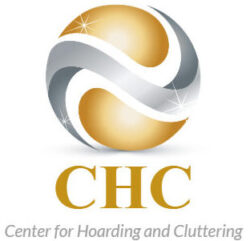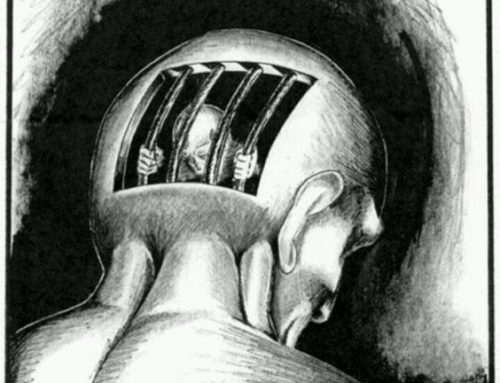If you have a family member that is struggling with excessive clutter or hoarding disorder there’s no doubt you’ve been affected too. In addition to experiencing frustration, shame, and embarrassment, you are likely to have struggled with depression and anxiety that has been triggered by the clutter. On top of that, you probably are getting conflicting advice such as be compassionate and put your foot down, understand that it’s a mental health disorder and don’t put up with that. But what about you?
Many years ago I was sitting in a support group with a family member that was struggling with major depression. The group was comprised of other individuals and their families and geared towards supporting the person struggling with depression. Be compassionate, be patient, recognize and be mindful of triggers, allow them space, understand they can’t help where they are at. While I understood the reasoning behind this and really did want to be helpful and supportive, I began to feel resentful and couldn’t help but think, what about me? Why am I the only one required to understand? Why am I the only one required to be patient? This person’s depression had turned my world upside down and caused a significant amount of emotional and financial distress. Why am I the only one having to change?
Hoarding Disorder, like most other mental health disorders, is systemic. The impact on family relationships is significant. Someone’s attachment to their ‘stuff’ may seem more important than their own children. Family’s attempts to help often result in mistrust, anger, and hostility. When families are unable to help, they often struggle with guilt related to the conditions the person is living in. Hoarding can put at risk the safety of others living in the home and have significant long-term psychological effects. Knowing all of this, the great majority of advice for family members still is to be compassionate and understand it is a mental health disorder.
Family members deserve the same amount of empathy and compassion. We need to understand where their frustration is coming from in order to better help them cope with the situation. The better they are able to cope, the easier it will be for them to have the compassion and understanding they need to help. Family members need support in setting healthy boundaries and knowing it’s ok if they need to step away from the problem. Family members need a safe place to vent their frustrations. While venting is often not pretty, being heard helps the healing begin.
Marnie Matthews, MSW, LICSW
(Members of The Clutter Movement online community have direct access to experienced and professional support, coaching, consultations, and education. Through weekly live groups, weekly virtual office hours, monthly educational webinars, topic specific forums and live chat, professional training modules, and a library full of resources we are breaking down the biggest barriers to treatment and support for hoarding: access and affordability. Now individuals, family members, and professionals have 24/7 access to affordable professional coaching, consultation, guidance, and training at their fingertips. Join us today! )






